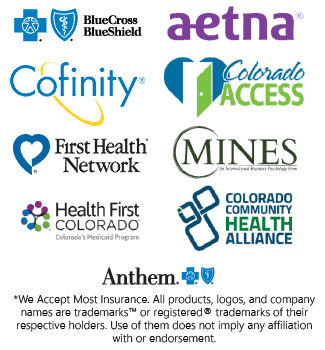Common Phone Policies in Residential Treatment Centers
Most residential treatment centers maintain carefully structured phone policies designed to support recovery while helping individuals maintain essential connections with family and loved ones. These facilities typically implement regulated phone usage schedules, allowing calls during specific hours and limiting conversation durations to ensure therapeutic progress remains uninterrupted.
Standard policies often include designated phone times during non-treatment hours, supervised calls during early recovery stages, and gradual increases in phone privileges as residents demonstrate progress. Treatment centers carefully balance privacy concerns with safety considerations, establishing protocols for monitoring calls when clinically necessary while respecting confidentiality guidelines. Additionally, many facilities require approved contact lists, restrict cell phone access during the initial stabilization period, and maintain detailed documentation of all communication to support the therapeutic process and ensure accountability throughout the recovery journey.
Benefits and Risks of Phone Communication During Recovery
While phone communication during residential treatment offers essential connections to support systems, it presents both therapeutic opportunities and potential challenges that require careful consideration. Regular contact with family members can provide vital emotional support, motivation for recovery, and a sense of connection to life beyond treatment.
However, unrestricted phone access may interfere with the therapeutic process by triggering cravings, enabling destructive relationships, or disrupting the establishment of healthy communication boundaries. Treatment professionals carefully evaluate each individual’s situation to determine appropriate phone privileges, often implementing structured schedules that balance connection with recovery needs. Inpatient treatment programs provide a controlled environment where communication policies are designed to maximize therapeutic benefits while minimizing potential disruptions to recovery. The goal is to foster supportive relationships while maintaining the focused, therapeutic environment necessary for successful rehabilitation, allowing those in recovery to develop new coping skills and strengthen their foundation for long-term sobriety.
Making the Most of Your Phone Privileges in Rehab
Effective use of phone privileges during residential rehabilitation requires thoughtful planning and purposeful communication strategies to maximize therapeutic benefits. Residents should establish clear communication boundaries with family and friends, maintaining phone etiquette that supports their recovery journey while respecting facility guidelines.
To optimize phone time, individuals should:
– Schedule calls during designated periods to maintain treatment routine
– Prepare conversation topics that promote healing and growth
– Focus on quality connections rather than quantity of calls
– Practice assertive communication when discussing challenging subjects
– End conversations that become emotionally overwhelming or triggering
When engaging in phone communications, individuals benefit from maintaining a structured approach that aligns with their treatment goals, while demonstrating respect for both their recovery process and the facility’s protocols regarding telecommunications access.
















